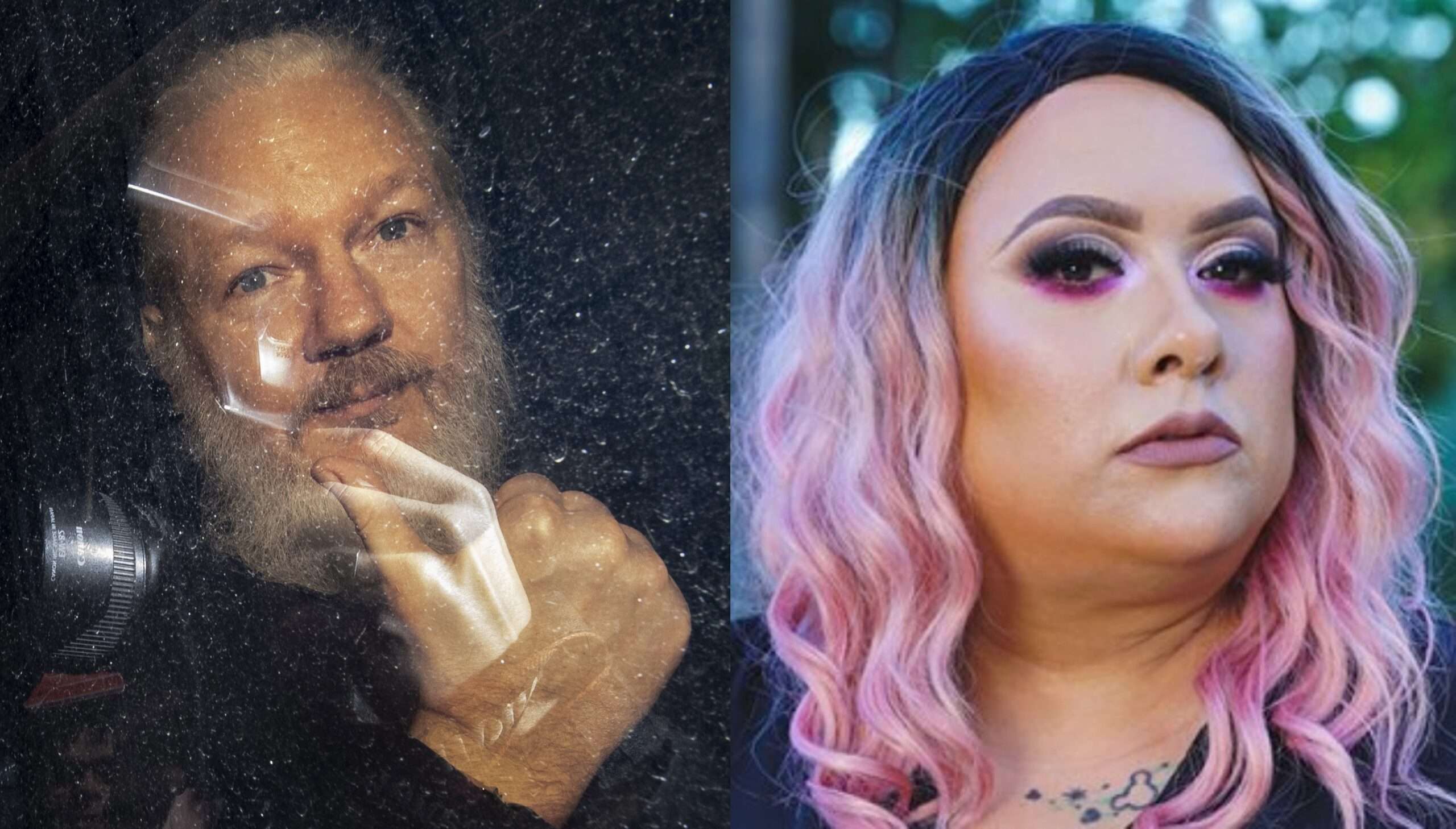Julian Assange, the founder of WikiLeaks, has been in London’s prison for five years, while Texas journalist Priscilla Villarreal was briefly detained at the Webb County Jail. Both were arrested for publishing information that government officials wanted to keep hidden.
Assange and Villarreal argue that criminalizing such actions violates the First Amendment. However, the focus has shifted to defining who qualifies as a “real” journalist, which is constitutionally irrelevant.
Assange, an Australian citizen, is fighting extradition to the United States for violating the Espionage Act by publishing classified documents leaked by Chelsea Manning in 2010. President Joe Biden is considering dropping the case, as it poses a significant threat to press freedom.
The charges against Assange relate to obtaining or disclosing “national defense information,” punishable by up to 10 years in prison. Similarly, Villarreal faced charges for seeking nonpublic information from a government official, raising concerns about criminalizing journalism.
The court dismissed Villarreal’s case, criticizing her unconventional reporting methods. However, questioning or criticizing public officials without fear of imprisonment is a vital aspect of the First Amendment.
The Foundation for Individual Rights and Expression has petitioned the U.S. Supreme Court on Villarreal’s behalf, emphasizing the importance of protecting the right to practice journalism without facing criminal charges.
© Copyright 2024 by Creators Syndicate Inc.





